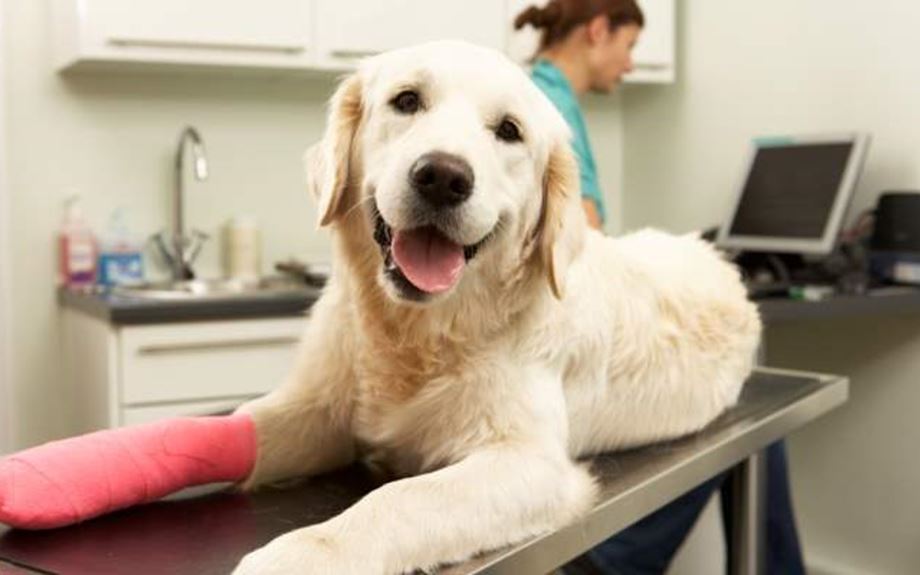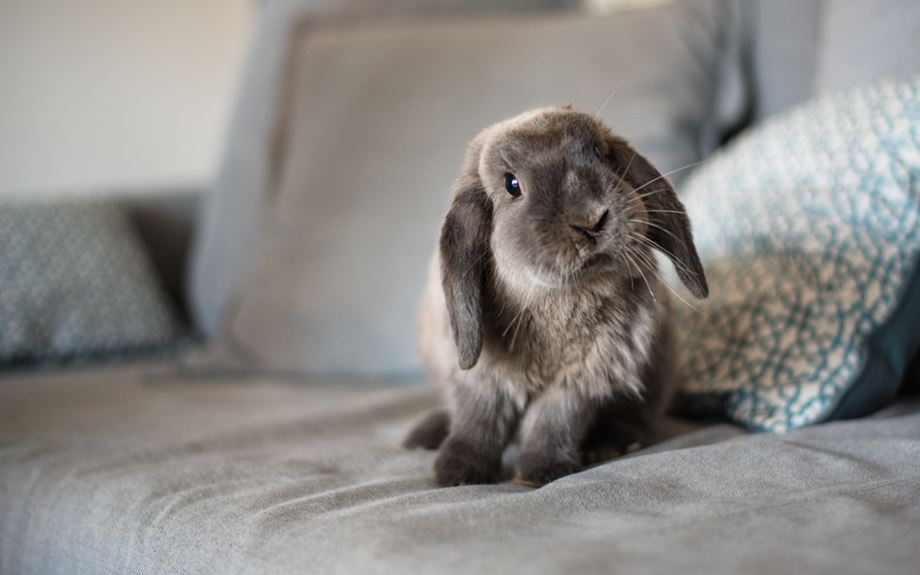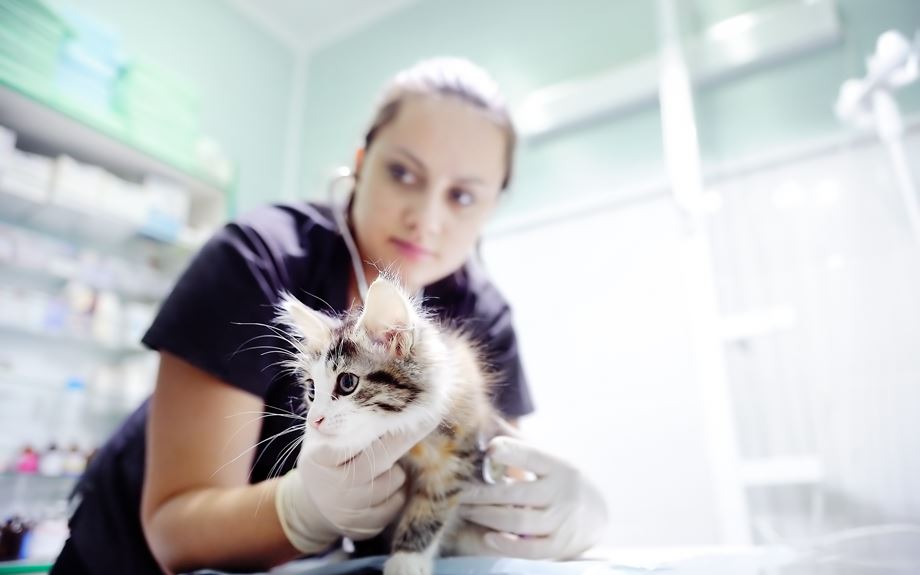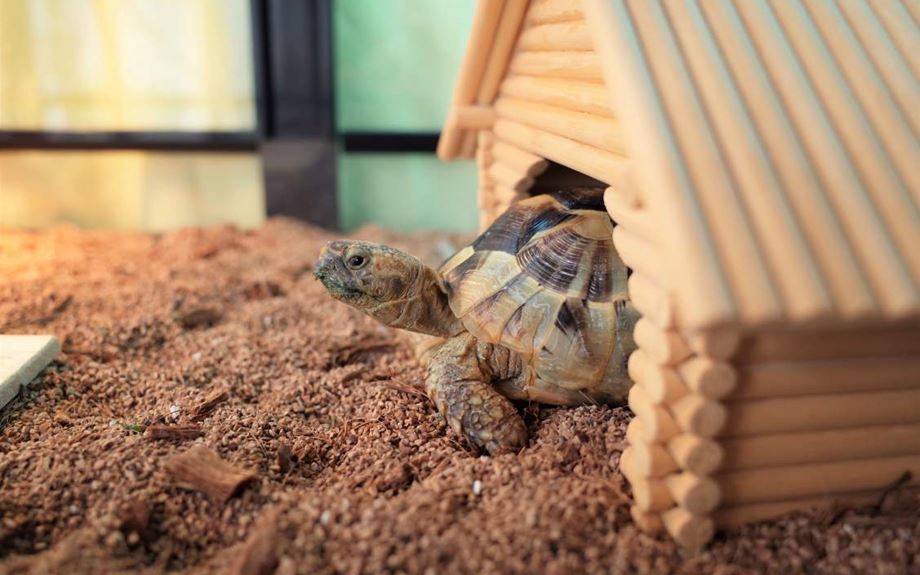PET INSURANCE
Owning a pet can bring much pleasure but can be costly. It has been estimated that the average dog for example can cost from £4500 up to £30,000.1
While pet insurance cannot cover all these costs, it will cover the biggest expense – the risk of your pet needing unexpected vet treatment. This can often cost hundreds or thousands of pounds, so it is not surprising that some pet owners can struggle to afford unplanned medical care for their pets. For example, surgery for a cat’s broken tibia cost nearly £2000 and treatment for a dog with diabetes cost over £1200 over a 2½ year period.
Pet insurance can protect you against these unexpected costs and can help your pet live a longer, healthier life. Pet insurance also provides cover for liability costs if your pet injures someone and indemnity if your pet dies or is lost, as well as providing other benefits such as 24/7 access to free vet helplines and guidance on improving your pet’s welfare.
It is important to buy pet insurance as soon as you get a new pet because you may not be able to find insurance to cover the cost of treating an injury or illness once it’s happened, and most policies won’t cover the cost of treating pre-existing medical conditions.
Pet insurers paid out £1 billion in claims in 2022 – the equivalent of £2.8 million a day.
This was an increase of over 30% on the amount recorded five years ago.
The average cost of a claim compared to 2012 has risen 39% from £555 to £771.
Key things to know to get the most out of your pet insurance
- Shop around to find the right insurance policy for your circumstances. Don’t buy on price alone, but on the policy that best meets your needs.
- Read before you buy. Check the terms and conditions of the insurance policy, so you understand what is covered, any limits or exclusions, and how to make a claim.
- The cost of cover will depend on various factors, such as the age and breed of your pet, your pet’s medical and claims history, your location (as vets fees can vary between different parts of the country) and the type of policy chosen.
- Premiums may increase as your pet gets older, so it is important to budget for this.
- Always be honest and answer all the insurer’s questions fully and truthfully.





